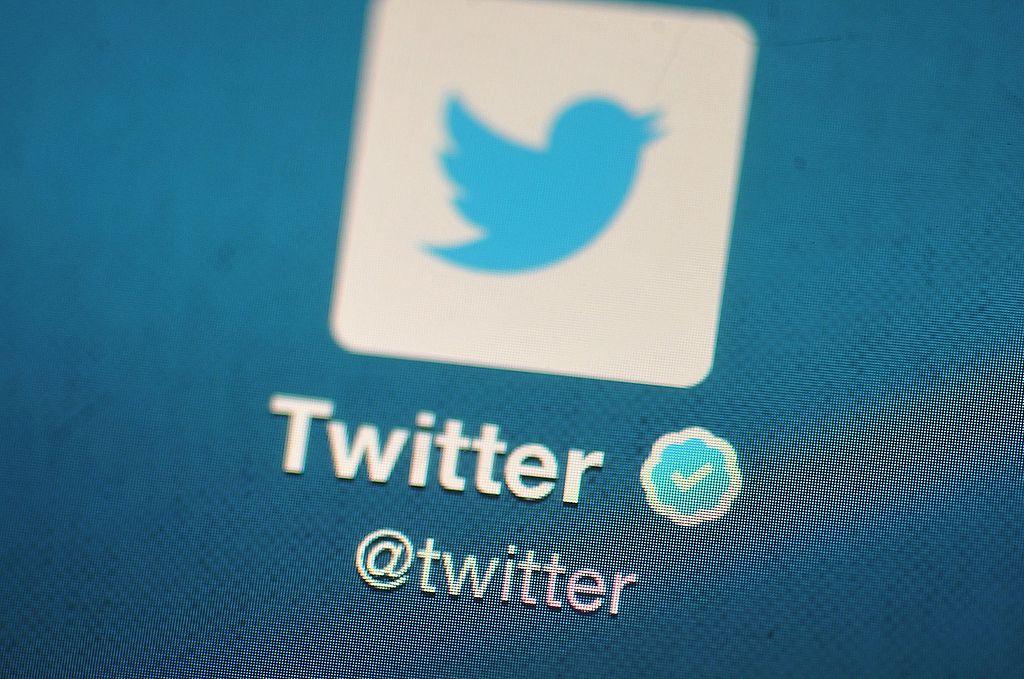Social media giant Twitter says it is banning all political advertisements on its platform, CEO Jack Dorsey announced on Oct. 30.
Dorsey explained in a series of Twitter posts that the company decided to stop political advertisers from receiving an unfair advantage in having their “highly optimized and targeted political message” reach more people by paying for that reach. He said the reach should be earned through user interaction with the post or account.




